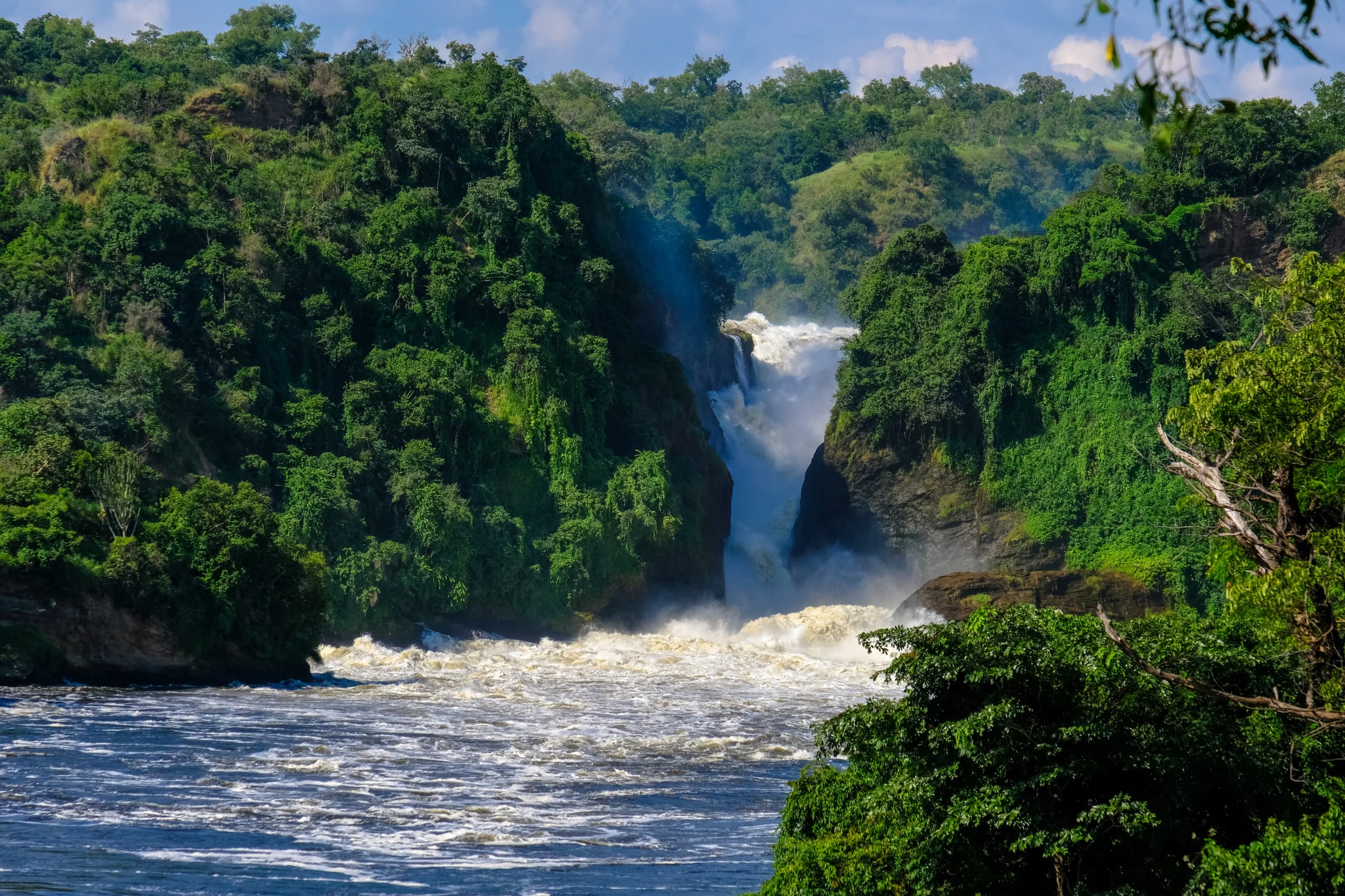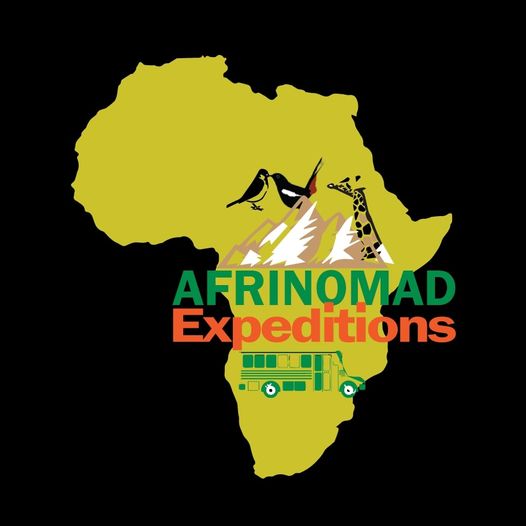Zanzibar Biography – A Jewel of the Indian Ocean
Zanzibar is a semi-autonomous Tanzanian archipelago located off the coast of East Africa, nestled in the Indian Ocean. Known for its rich history, cultural diversity, and pristine beaches, Zanzibar is a top tourist destination and a vital part of Tanzania’s economy.
Geography and Islands of Zanzibar
Zanzibar consists of numerous islands, each offering unique attractions:
- Mnemba Island – A private island paradise famous for snorkeling and romantic getaways.
- Pemba Island – A secluded haven ideal for diving and eco-tourism.
- Tumbatu Island – A cultural treasure with preserved Swahili traditions.
- Uzi Island – Showcasing untouched rural life and authentic island charm.
- Bawe Island – A hidden gem known for tranquility and scenic beauty.
- Mafia Island – Renowned for premier diving spots and rich marine biodiversity.
- Chumbe Island Coral Park – A protected marine reserve and eco-tourism model.
- Prison Island (Changuu) – A historic site with giant tortoises and colonial ruins.
- Nakupenda Beach – A stunning sandbank escape perfect for day trips.
- Thanda Island – An exclusive luxury retreat for private vacations.
- Kwale Island – Home to a well-preserved ecosystem and mangroves.
- Misali Island – Known for diverse marine life and vibrant coral reefs.
Economy: Spices, Tourism, and Marine Resources
Zanzibar’s economy thrives on spice production, tourism, and marine resources:
- Known as the Spice Islands, Zanzibar exports cloves, cinnamon, nutmeg, black pepper, and coconut.
- Tourism has seen rapid growth due to government promotion, now being the largest income generator.
- The region’s marine ecosystem supports fishing, seaweed (algae) farming, and acts as a nursery for Indian Ocean fish species.
Language and Culture
The official and most spoken language is Swahili (Kiswahili). Zanzibar’s dialect is called Kiunguja, which has heavy Arabic influence. Other widely spoken languages include Arabic, Italian, and French due to the region’s cultural heritage and tourism.
Climate: Tropical Monsoon
Zanzibar enjoys a tropical monsoon climate, with warm temperatures year-round due to its proximity to the Equator.
- The northeast monsoon (Kaskazi) brings cooling breezes from December to March.
- The rainy seasons occur in March–May (long rains, Kusi monsoon) and November–December (short rains).
- The driest months are June through October and January to February.
Unique Wildlife and Conservation
Zanzibar boasts unique fauna linked to mainland Africa. It is home to:
- The Zanzibar red colobus monkey, one of Africa’s rarest primates with around 1,500 individuals surviving today.
- This primate inhabits coastal thickets, coral rag forests, mangrove swamps, and farmlands.
- The islands are also home to the Zanzibar leopard, Zanzibar forest genet, and many endemic marine species.
Tourism Growth and Impact
Tourism in Zanzibar has more than doubled in recent years. While it has greatly boosted the local economy, it also brought environmental challenges and mixed effects on local communities. Sustainable tourism initiatives and conservation efforts are now in focus to preserve the islands’ natural beauty and culture.



